The Randomized, Embedded, Multifactorial Adaptive Platform trial for Community-Acquired Pneumonia (REMAP-CAP) was conceived after the 2009 Influenza AH1N1 (“Swine flu”) outbreak. During that pandemic and previous ones, the research response has been largely absent. REMAP-CAP was set up as an Adaptive Platform Trial embedded in clinical care that allows multiple therapies to be evaluated at the same time under a master protocol. In Europe, the trial is currently running in 15 countries.

Traditional randomized trials are not well suited for research in pandemics. They are robust, but lack the flexibility to adapt to the changing circumstances of a pandemic. Secondly, they investigate only a single treatment against a control arm, slowing down learning. Thirdly, effect sizes are notoriously difficult, if not impossible, to estimate in new diseases which often leads to retrofitting the effect size to match the predicted recruitment.
Adaptive platform trials, specifically REMAP-CAP, help overcome the challenges of pandemic research. They approach research from the perspective of the disease, rather than a single treatment. This aligns with clinical care, where hospitalized patients with CAP (including COVID-19) are treated with a combination of treatments rather than a single drug. This leads to faster learning, and incorporates learning about potential interactions between treatments.
REMAP-CAP’s design allows conclusions to be drawn as soon as enough data has accrued in the trial to fulfil a pre-specified trigger for superiority or futility. The pre-planned adaptive analyses guide the continuation of the trial, for example by the removal of inferior therapies or the graduation of superior therapies. New therapies and/or domains can be added to the trial, creating a continuously learning trial with ever-improving treatment options.
Therapies are grouped in domains. Each domain has two or more treatment options. Participating sites can choose which domain they participate in. They choose which interventions in those domains they offer, noting that to participate in a domain at least to options (including a control arm) should be available. Sites should be aware that adaptive analyses may lead to domains halting to enroll. New domains can be added at any time, and will be offered to sites.
The success of the trial largely depends on the accumulation of clinical data. Therefore, trial procedures for sites are kept simple. The trial is embedded in routine clinical practice with study enrollment coinciding with clinical care, like ICU admission. Patient eligibility assessment is made easy in the eCRF, which only takes a few minutes to complete, and can be performed by non-research trained clinical staff. Upon confirmation of eligibility each patient is randomly assigned one or more intervention(s).
The Randomized, Embedded, Multifactorial Adaptive Platform trial for Community-Acquired Pneumonia (REMAP-CAP) was conceived after the 2009 Influenza AH1N1 (“Swine flu”) outbreak. During that pandemic, and previous pandemics, the research response has been largely absent. REMAP-CAP was set up as an Adaptive Platform Trial, embedded in clinical care and allowing multiple therapies to be evaluated at the same time (multifactorial).
The inter-pandemic focus was on finding the best treatment CAP, the disease most likely to resemble a pandemic disease with major effects on hospitalized patients, including the most critically ill. REMAP-CAP was designed to adapt to a future pandemic since its inception.
In 2014, with seed funding from the European Commission through the PREPARE FP7 grant (grant number 602525), REMAP-CAP was initiated. Additional regions were added as a result of the combined effort from the world’s leading ICU trial networks, experts in infectious disease, immunology, critical care, emergency medicine, Bayesian statistics, and clinical trial execution. The first patient was included in the University Medical Center Utrecht in April 2018, and the first COVID-19 patient on March 9th 2020, less than 6 weeks after the World Health Organization declared COVID-19 a Public Health Emergency of International Concern, and 2 days before declaring it a pandemic. The REMAP-CAP network currently spans eight global regions with over 300 participating centers and continues to grow. The study is conducted by a broad range of hospitals and research centers across the globe.
The treatments investigated in the trial are organized in what we refer to as “domains”, within which alternative interventions are compared. As such, patients are assigned to regimens consisting of specific interventions within one or more domains. Patients can be eligible for random assignment in some domains even if ineligible for participation in other domains.